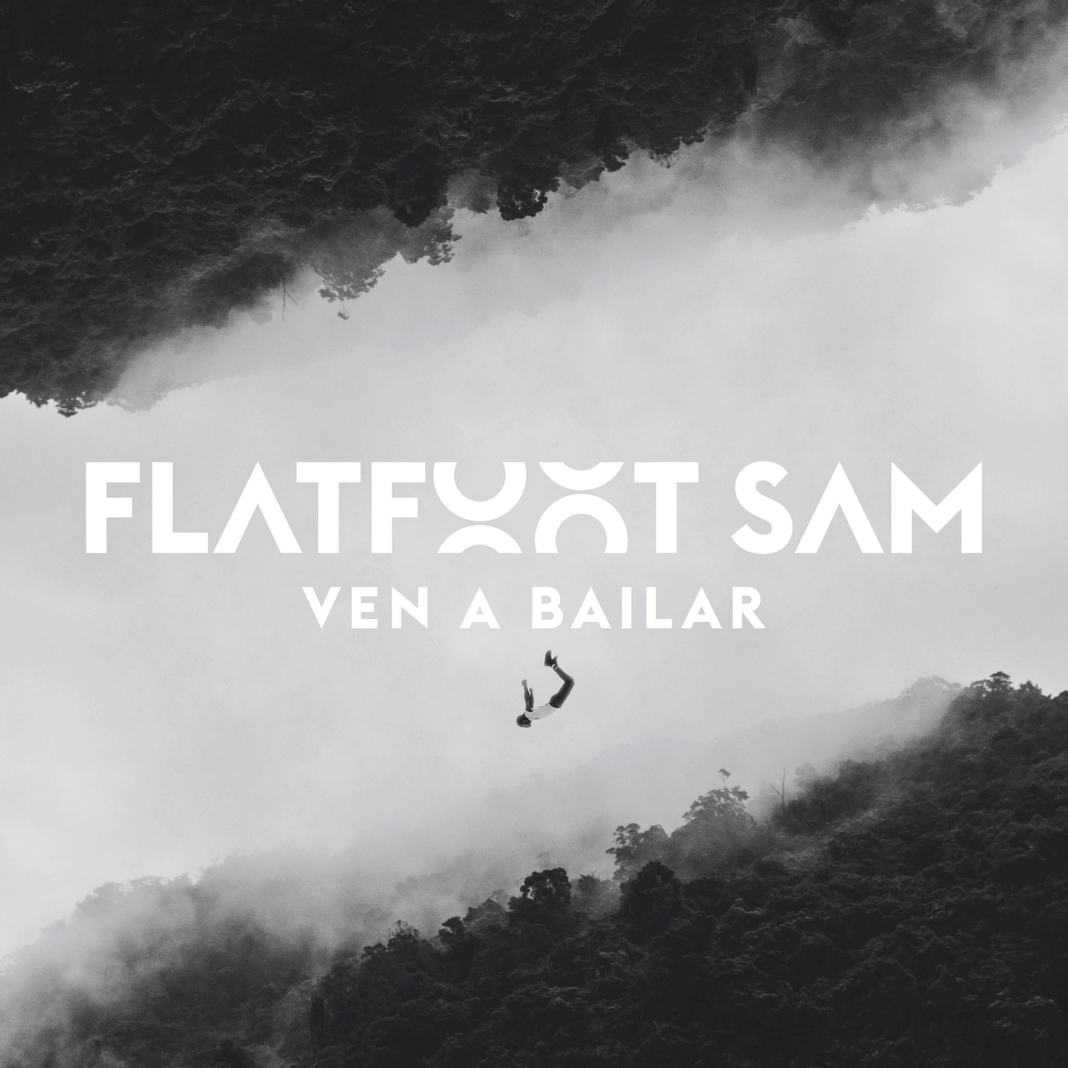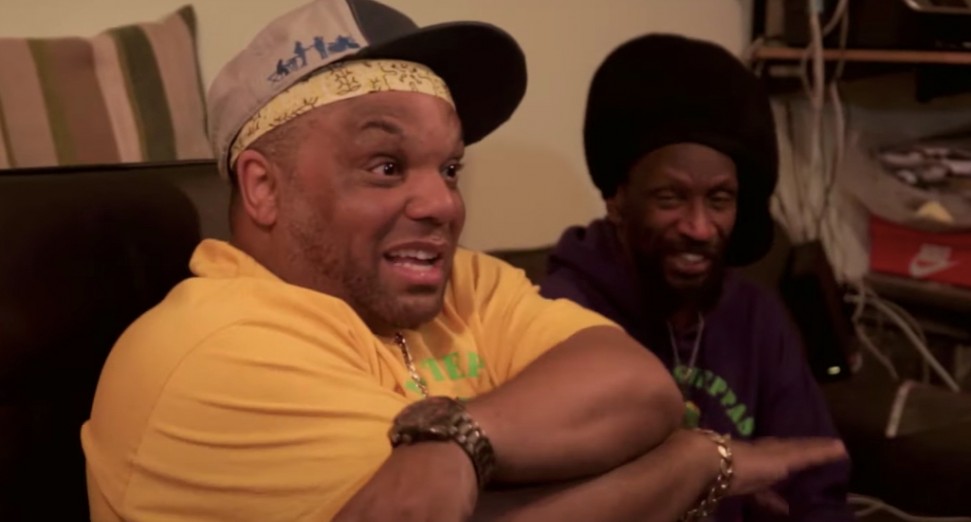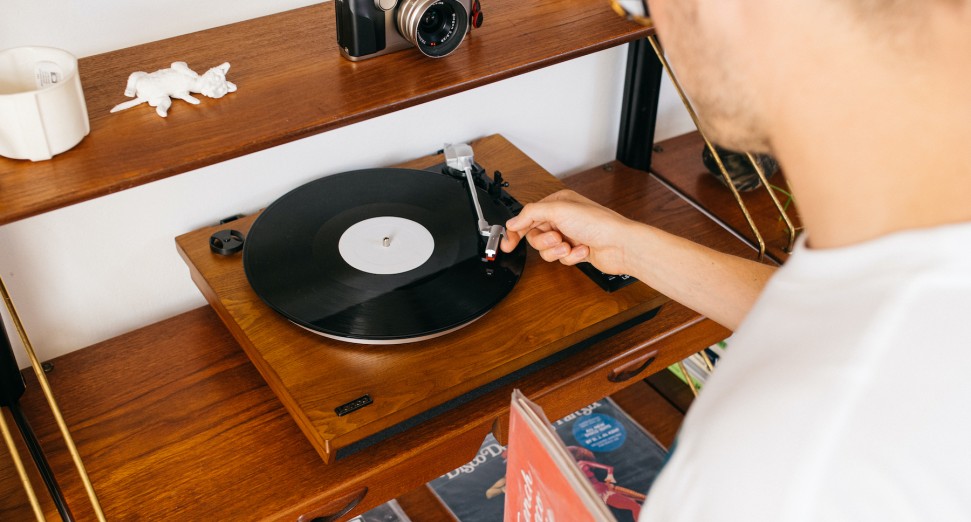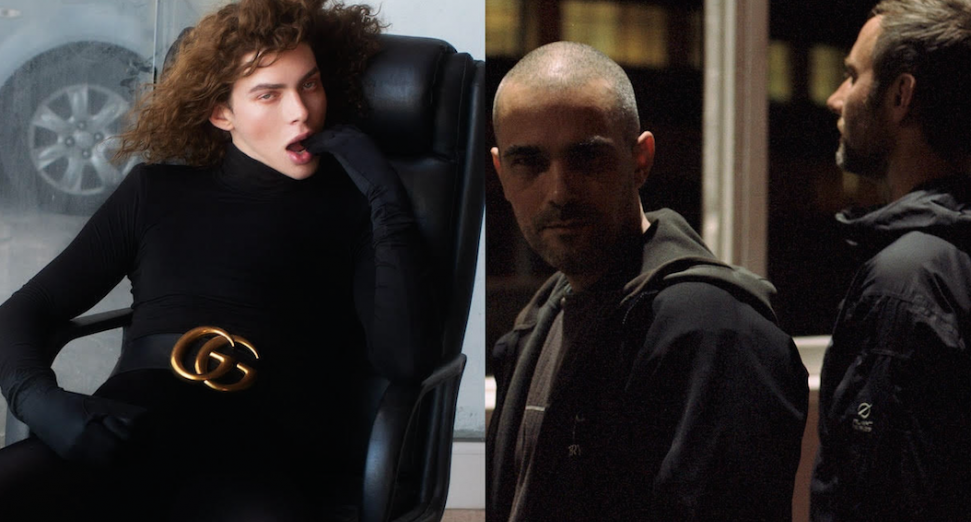
Flatfoot Same Gives Us Production 101 Breakdown in EDMsauce Exclusive Interview
Flatfoot Sam has been dabbling in the intricacies of music production ever since taking an interest in the Dance music from 18 years old. His career began taking traction after the release of multiple vinyl hits in the early ‘90s, which distinguished his love for the dance music industry and cemented his image in the scene. His admiration for dance music has trumped every other genre that the scene has to offer, Flatfoot Sam has always been beguiled by the beauty and emotion conveyed through the art of electronic dance music. We caught up with Flatfoot Sam for the latest tips and tricks on music production:
Do you think that it is essential to be able to play an instrument or to be able to know music theory first before learning how to produce?
Hello, well actually no, not essential but useful. I actually wrote three tunes before I realised, I should probably get to understand music theory. I did a mash-up of two tunes with the vocals from one and the riff from another. It seemed to work well, and people liked it and it nearly got signed but I fluked the two because they were in a different key but a sympathetic one to each other. The guy at the record company was going onto me about changing this, that, and the other in an F minor – or whatever he was saying – and I realised I was out of my depth. You can do a lot by your ear but I think to advance, you need to pick up some basic theory and there are plenty of places you can online.
Can you suggest any good YouTube channels or blogs for people to learn from?
Yes, there really is an abundance of people doing useful and cool stuff for zip all out there. Will Darling does a good channel covering basics up to advanced stuff, a NZ guy runs a channel under the name Collective Intelligence which covers a load of stuff, but he’ll take you through the process of writing a tune from start to finish which helps massively. You could spend a year watching what’s out there and still only have got halfway through – it is handy to get some basics down and then start searching for specifics like “how do I side-chain?” or “kick and bass balance”, or more importantly, “Where is the nearest shop that sells Guinness at this time of night”.
What are some bad habits new producers should try to avoid?
I think about maybe not finishing stuff or doing the same thing all the time. Take some of your total time, maybe 20% or so and spend it learning new software or tricks. Keep learning; the topic is vast, and it is a lifelong journey, so get cracking…
How do you spark your creativity?
Loads of ways, maybe I hear a track, maybe I get an idea, or often playing with riffs and sounds on the computer. Once you start jamming stuff, you can hear what sounds cool and what doesn’t. If it is getting stuffy and not working, walk away – go outside, drink Guinness, do something else and come back.
Which plug-ins are best to use?
LFO tool is one of my favs for easy side-chaining type stuff or gating or generally screwing around with a sound. SPAN is insane, it’s a visual mixing tool and is borderline criminal that it is free. You’ve got to love an arpeggiator too, right? My staple synths are Spire, Sylnth, and Serum.
What is your advice on sampling?
Go nuts and sample anything you want and mess around with it. The coolest thing about dance music is the lack of boundaries and the heritage of sampling is what made dance music so cool. I love finding out where samples came from. “WhoSampled” is a wicked app that tells you what came from what tune. So much goes back to Hip Hop – so influential.
What are the essential skills that a producer should work on first?
Have fun and put some ideas together but try and learn the right way to deal with the elements as you go so you are doing it right from the get-go. Learn about bass, learn about drums and how they work together, and learn from a few sources so you can see it for yourself. Ultimately, the most important thing is having good ideas so work on these and listen to loads of music and make mental notes about what you find cool and learn how they do it.
What equipment would you suggest a beginner to buy?
Assuming you already have a decent PC or MAC then it is the software to run the sequencing. If you get something decent like Ableton, then it has massive amounts of built-in synths/plug ins etc. so after that initial outlay of cash, theoretically, you don’t need to buy too much more for some time whilst you learn your skills.
Which part of a song is best to start with?
I’m sure everyone is different. For me, normally kick and bass and get a groove on and then a decent chord progression. Sometimes I might hear a melody first and need to get that down. Maybe a sample kicks off some inspiration.
What advice was you given when you first started out?
I’d love to be insightful here for others, but I don’t remember any. Friends and family are all supportive, but I don’t remember Mr. Miyagi-like advice from anyone. My advice to anyone starting out is just love your obsession. It’s a privilege to be into something truly to the point of forgetting to eat. That’s my yardstick, anything that stops me eating is pretty special.



